Diversity
Canfor recognizes the value to our employees, our customers and our stakeholders that comes with building a diverse and inclusive organization. We aim to promote diversity by valuing and leveraging the unique strengths and experiences in all of our employees and partners. This encourages a wider choice of qualified candidates to explore employment opportunities at Canfor.
Canfor’s current workforce is limited in its diversity and we are committed to taking steps that will lead to increased representation of women, First Nations and other minorities in our workforce. In 2016, our executive signed a diversity leadership commitment to support our efforts. The company also began developing and implementing programs specifically focused on advancing diversity within its workforce.
Our operations in Canada overlap with First Nations’ traditional territories, and we are committed to increasing the participation and advancement of First Nations employees. An optional feature on our application form advises candidates who are of Aboriginal ancestry to email our Aboriginal Relationships Manager if they would prefer to have additional support through the recruitment process.
In 2016, we signed a collaborative agreement with the Prince George Nechako Aboriginal Employment and Training Association (PGNAETA), which formalized our commitment to Aboriginal job seekers to improve our recruitment and retention process. Shortly after the agreement was signed in April, the association awarded Canfor its first-of-its-kind Spirit of Unity Award which recognizes our interest in partnering with potential aboriginal employees to enter the workforce in forestry-related disciplines.
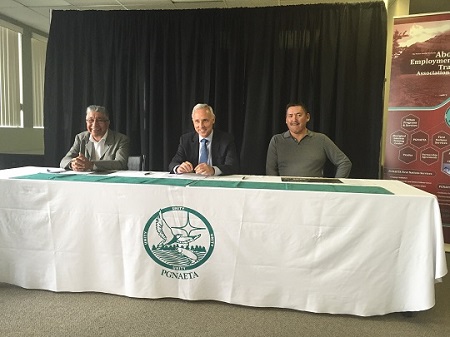
Canfor's agreement with the Prince George Nechako Aboriginal Employment and Training Association (PGNAETA), formalized our commitment to Aboriginal job seekers to improve our recruitment and retention process. Canfor's David Calabrigo (centre) with Marvin George, PGNAETA Program Officer (left) and Mark Prince, VP of PGNAETA’s board of directors (right).
The overall dollar value of the business relationships Canfor has with First Nations is significant. The total annual impact of all the various contracts, licenses, logging services, employment, purchase agreements and other business Canfor conducts with First Nations amounts to $53,047,000. To learn more about Canfor's work with First Nations, visit the Working with First Nations section of this report.
In 2015, Canfor joined 11 other large BC employers in signing the Minerva Foundation's CEO pledge, agreeing to create opportunities to support women’s advancement and leadership within Canfor. In 2016, we became the first organization to take part in Minerva’s Leadership Day, which matches a CEO with a Grade 12 student who has participated in Minerva’s Learning to Lead™ program. Student Claire McCallum spent March 7 with Canfor President and CEO Don Kayne.
In 2017, we will focus on workplace culture, recruitment and career advancement to benefit existing employees and make Canfor more attractive to a broader range of candidates.
In addition to our commitment to advancing our company with respect to diversity, we are also committed to evaluating the impact and effectiveness of our diversity programs and sharing our diversity metrics in our sustainability reports. Currently, we are limited to age and gender metrics, as well as voluntarily disclosed information regarding Aboriginal ancestry. Included below are the diversity elements that have been measured to date.
Our new corporate HR platform will provide more accurate and complete information so we can track and share our progress in future reports. Where possible, all employees will be invited to disclose information about their background through our new corporate HR system, including Aboriginal ancestry or minority status.
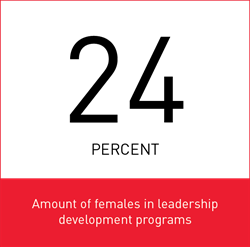
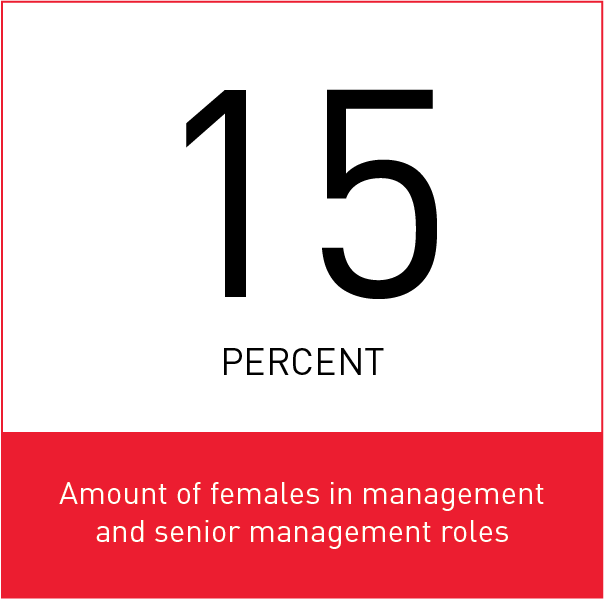
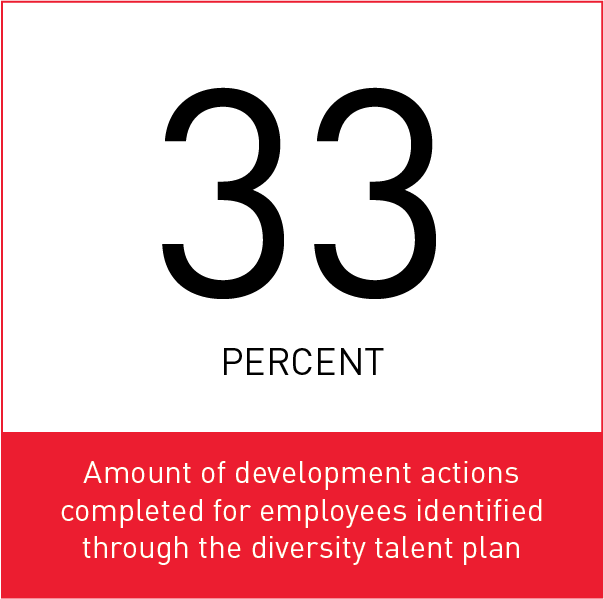
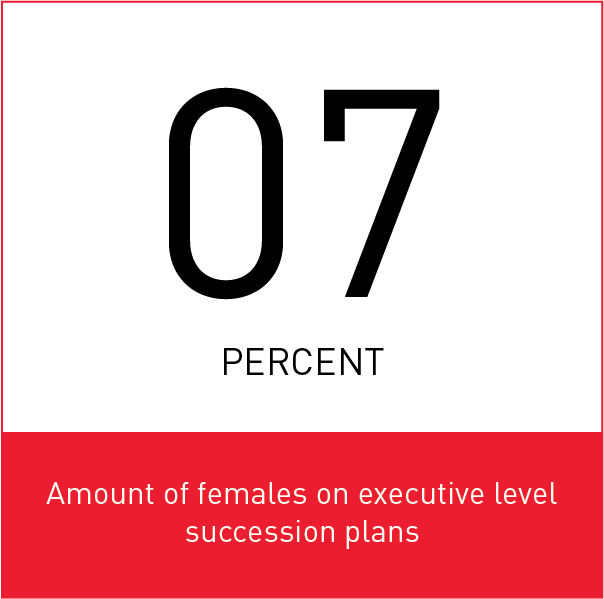
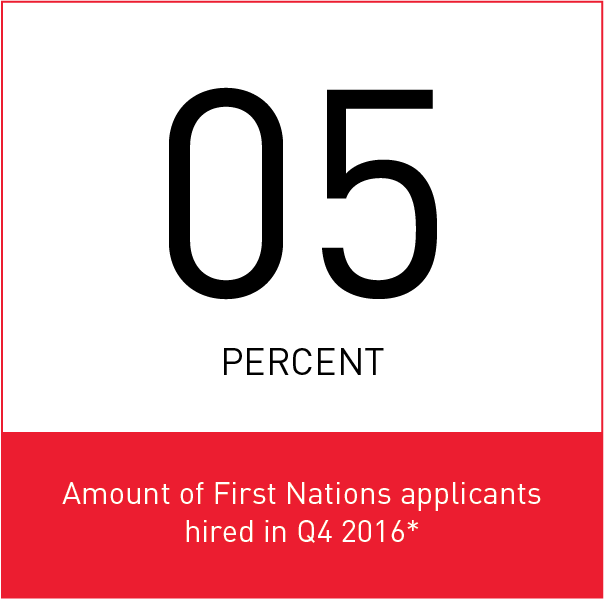
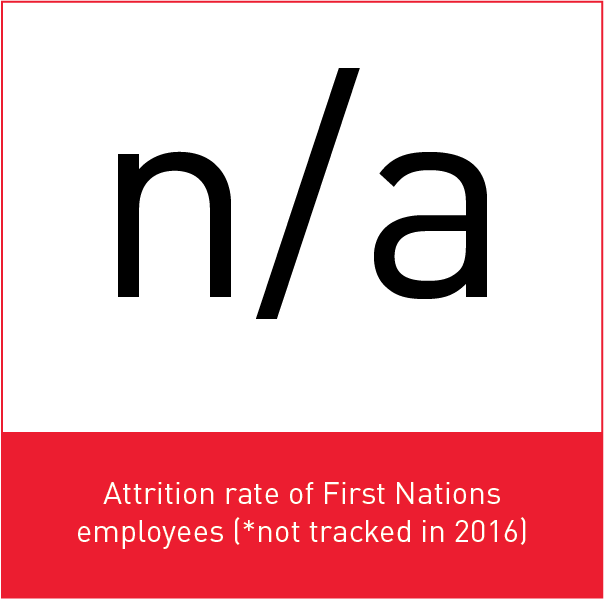
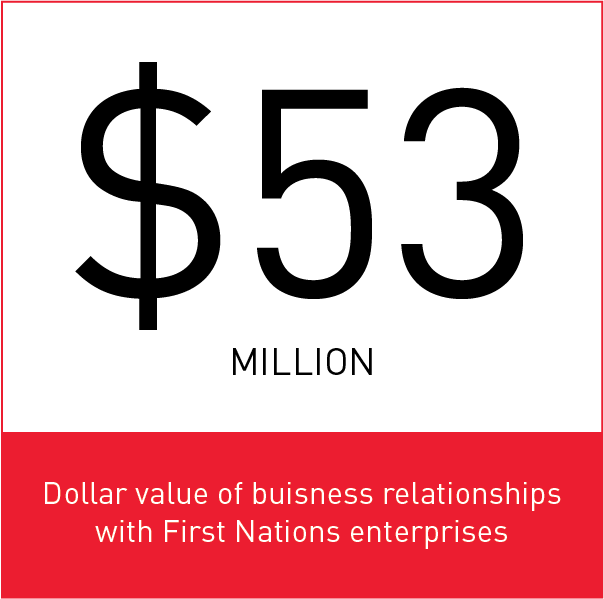
*Canfor’s new corporate HR system began tracking Aboriginal self-declaration in Q4 and we will continue to track this going forward.
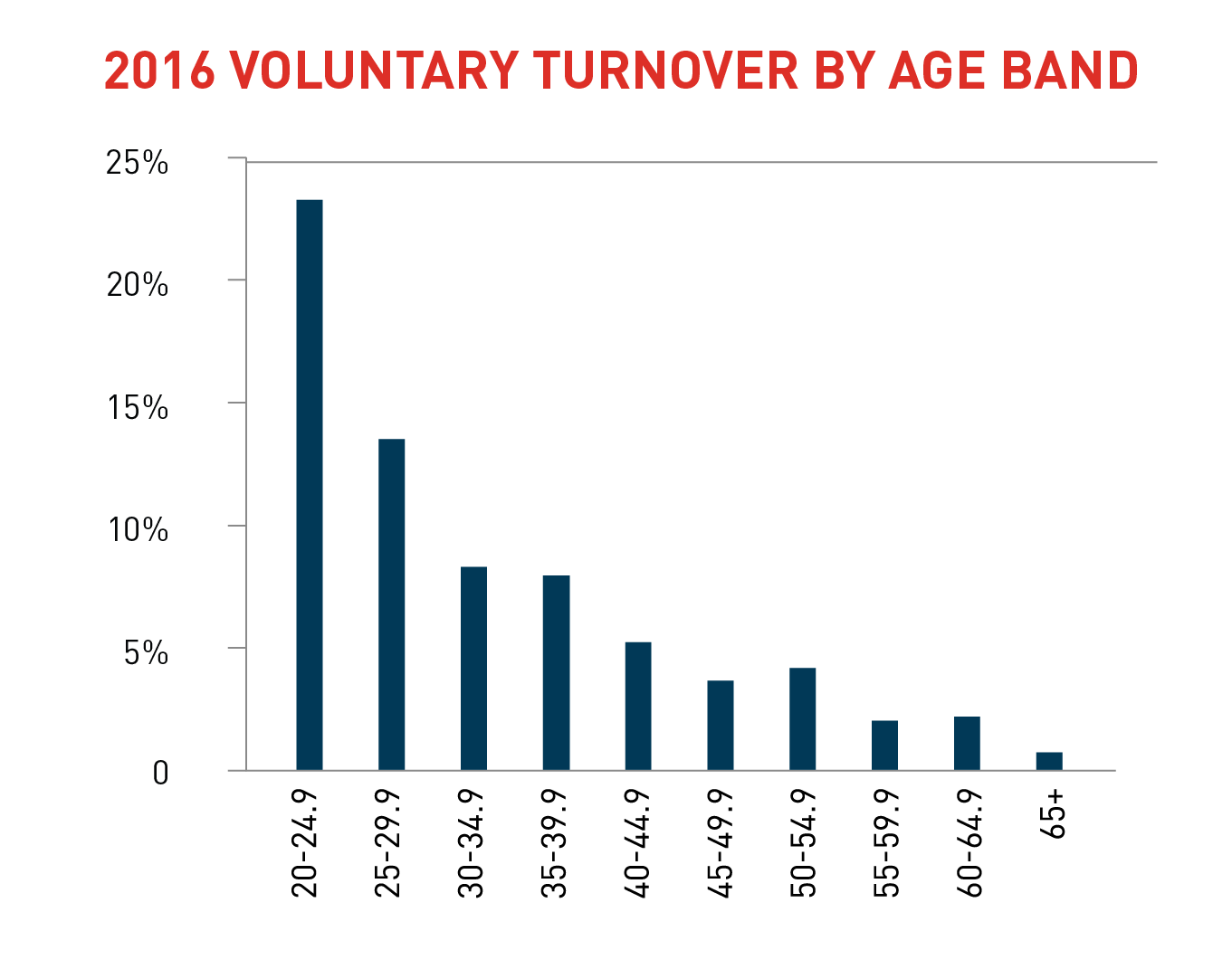
The above chart excludes: WynnWood operation since this was not tracked in 2016; overseas employees since we do not have birth dates for these employees; temporary, seasonal and casual employees as well as involuntary exits and those who retired or are on long-term disability leave.
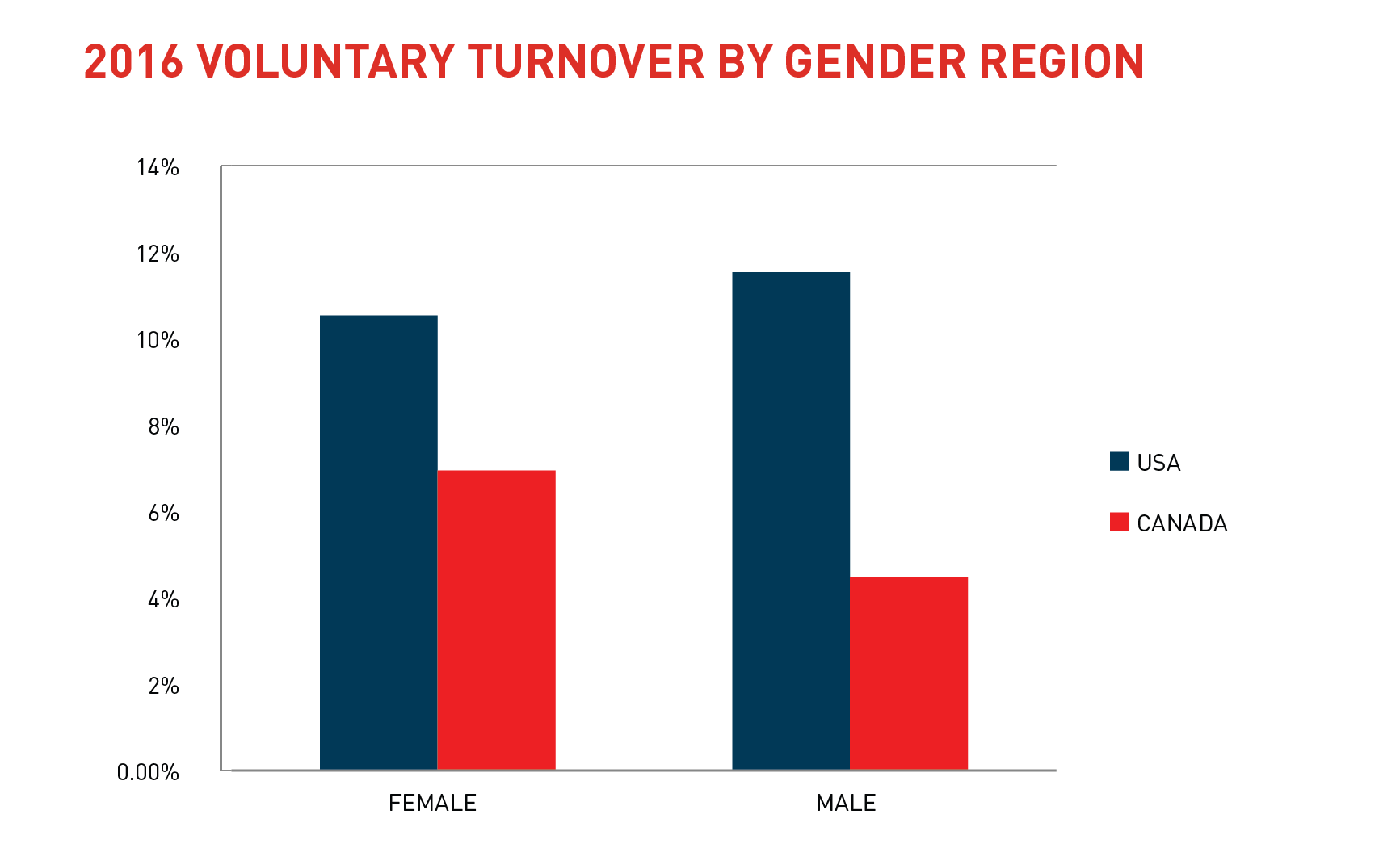
The above chart excludes: WynnWood operation since this was not tracked in 2016; overseas employees since we do not have birth dates for these employees; temporary, seasonal and casual employees as well as involuntary exits and those who retired or are on long-term disability leave.
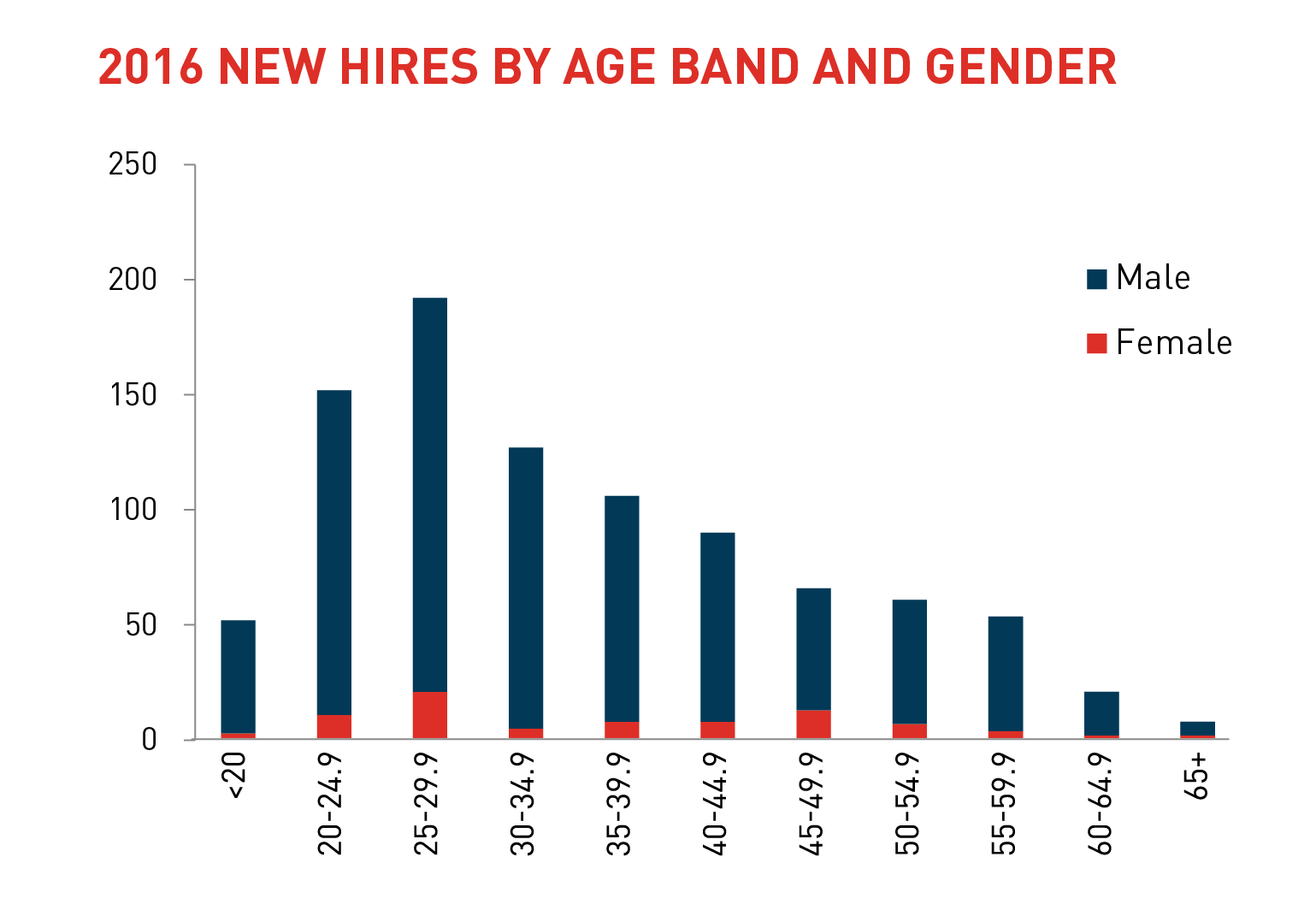
The above chart excludes temporary, season and casual employees.
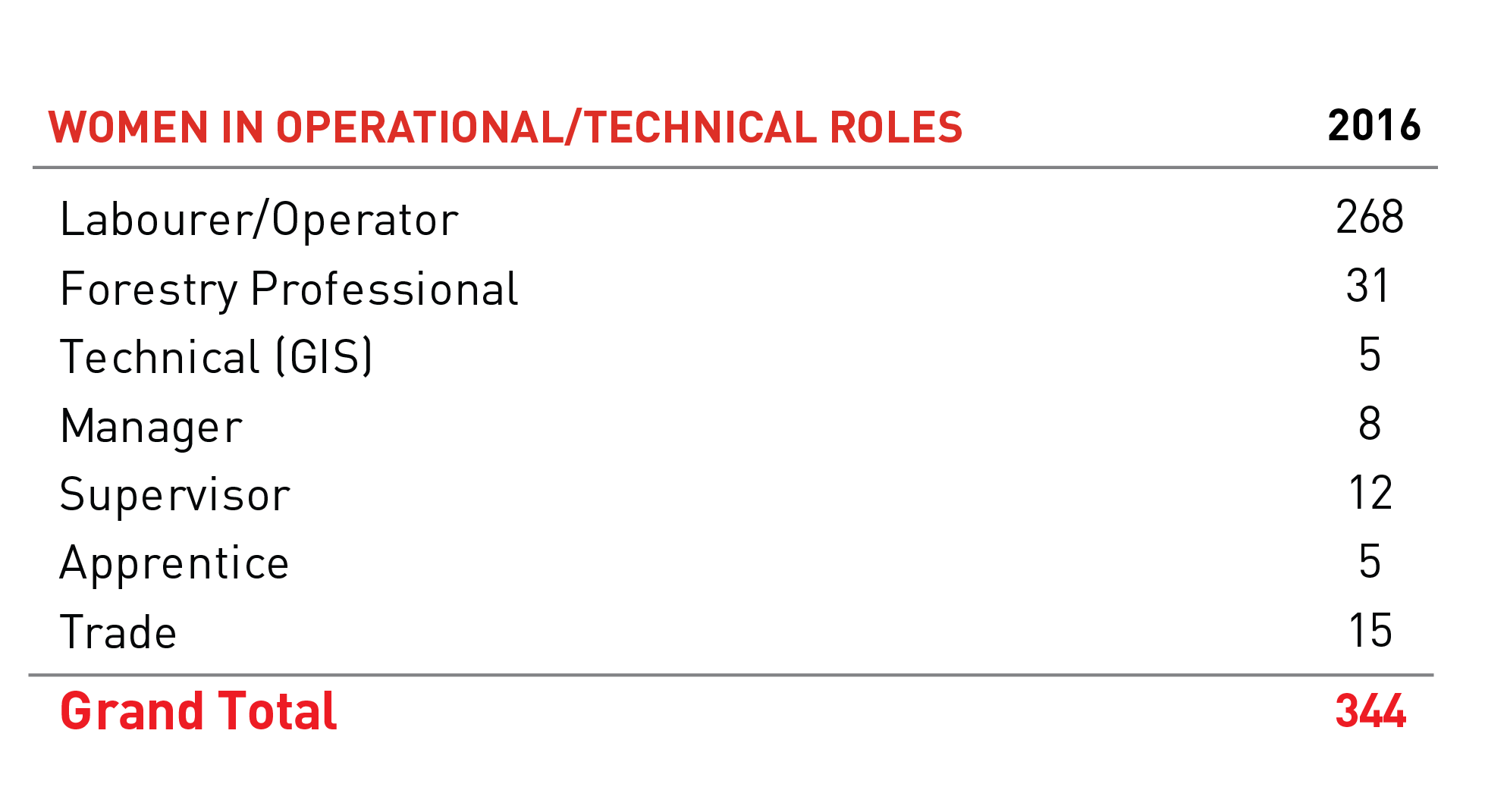
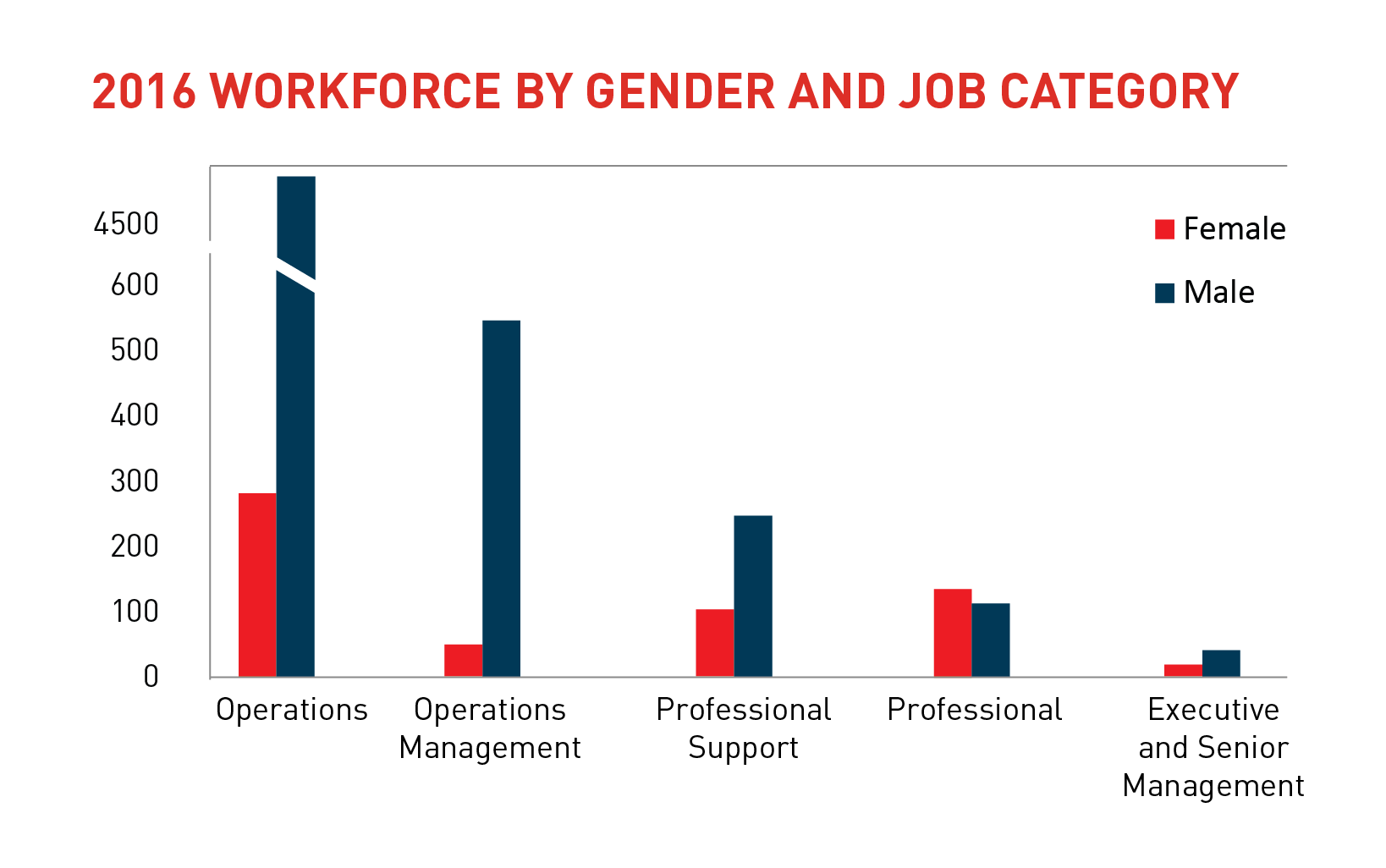
Operations – labourers, operators and trades; Operations Management – supervisors, superintendents and managers; Professional Support – positions within operations business units; Professional – positions within corporate business units; Executive and Senior Management – executives, general managers and directors.